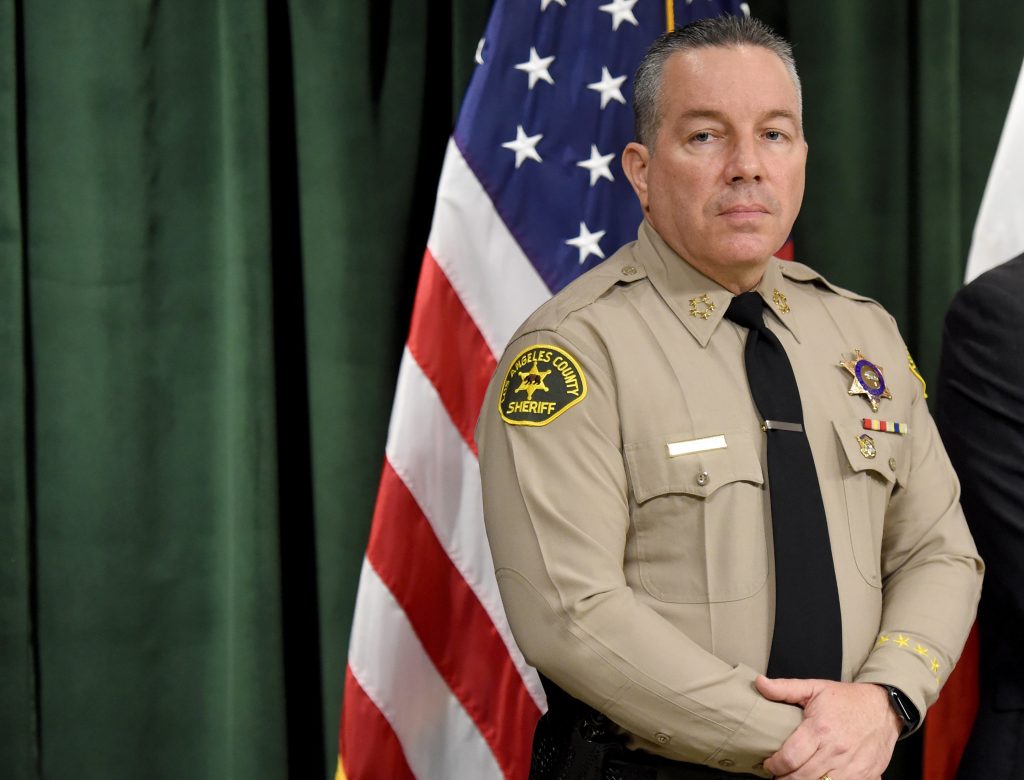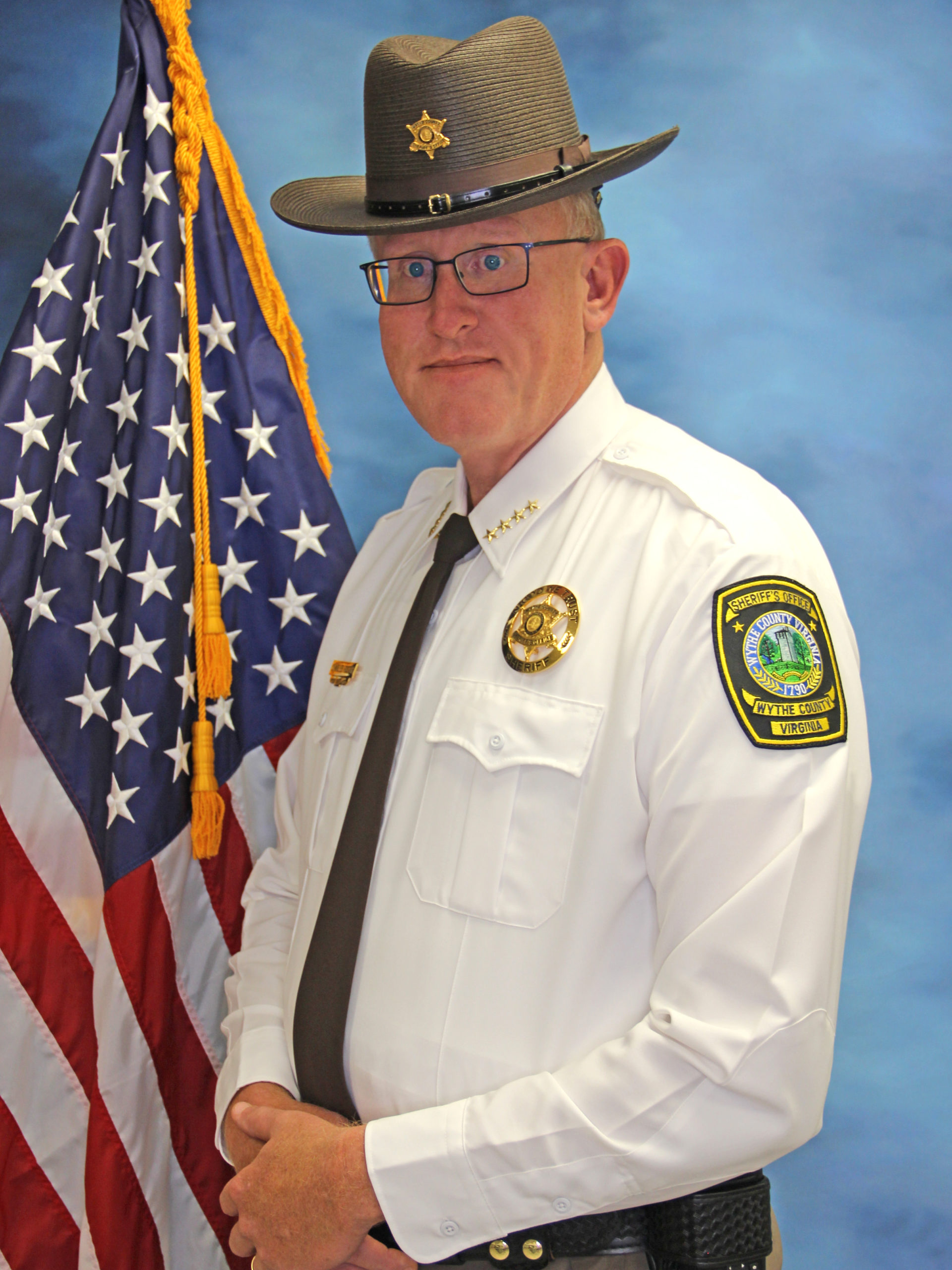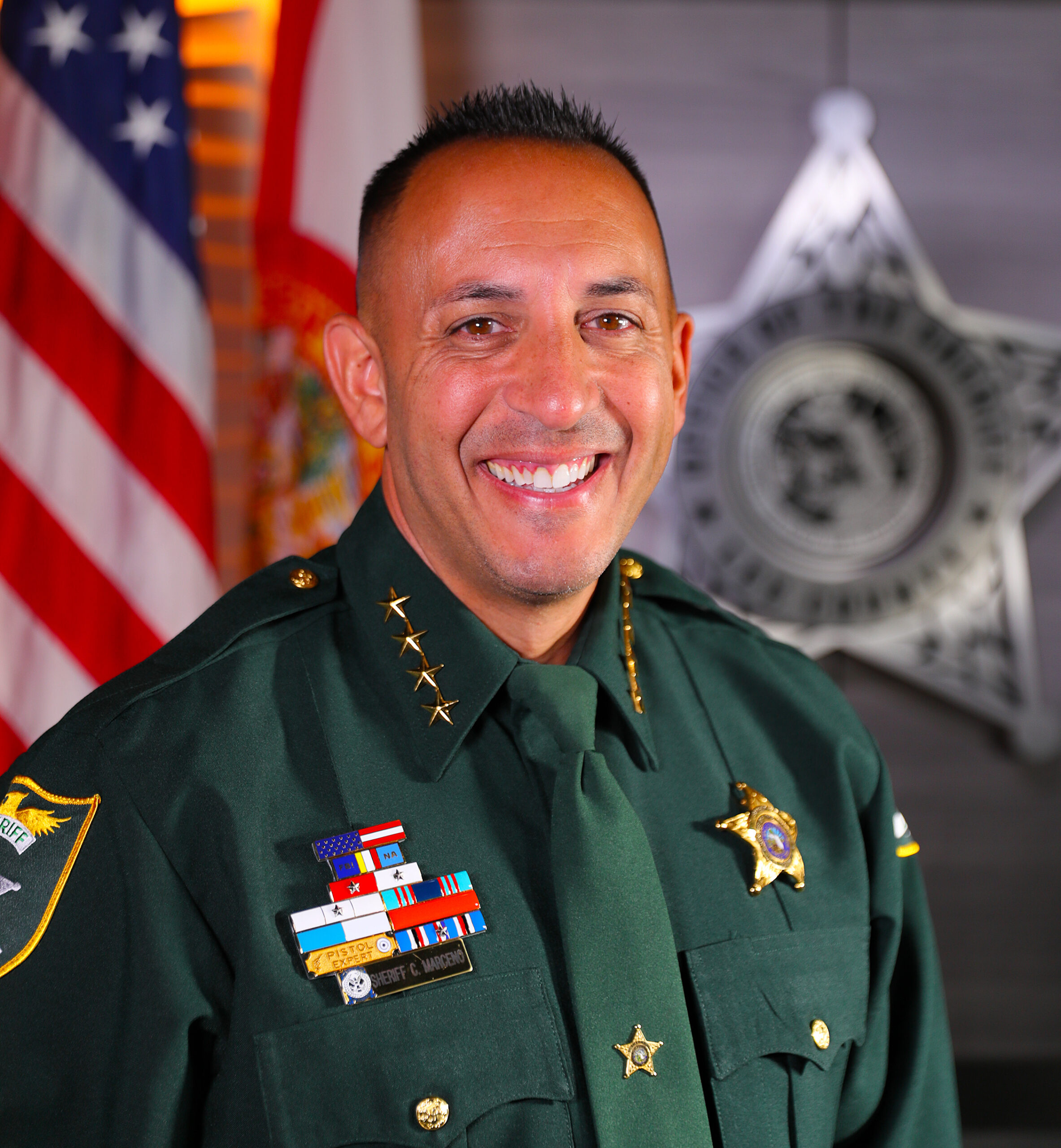There's something truly special about characters that stick with us, isn't there? Like your old pal, Sheriff Woody, the pull-string cowboy doll from the beloved Toy Story films. For many, he's just a friendly toy, a leader of playthings, but his very title, "Sheriff," carries a weight and a history that's a bit more intricate than you might first imagine. What does it actually mean to be a sheriff, and how does Woody's role, in a way, echo the real-world responsibilities of such a position? We're going to explore that, and it's actually quite fascinating.
You see, Woody isn't just any toy; he's the head honcho, the one in charge of keeping order and looking out for his toy friends. He carries a badge, he wears a hat, and he has that unwavering sense of duty, qualities that, in some respects, mirror the expectations placed upon a real-life law enforcement officer. It's almost as if his character gives us a playful glimpse into a very serious job.
So, while he might be made of fabric and plastic, the spirit of a "sheriff" is very much alive in Woody. We'll be looking into what that title means in the broader context of the United States, drawing parallels to the duties and origins of actual sheriffs, and seeing how our favorite cowboy, in his own way, embodies some of those key ideas. It's really quite interesting to think about.
- Mackenzie Davis Partner
- Hisashi Ouchi Pictures
- Lucas Bang
- Is Kendall Smith Still On Fox Weather
- Billie Eilish Nude
Table of Contents
- Woody: A Character Biography
- Woody: Personal Details
- The Real Meaning of "Sheriff": More Than Just a Badge
- Sheriff by Election and Community Trust
- The Sheriff's Team and Their Reach
- Distinguishing Roles: Sheriff vs. Others
- Woody and the Spirit of the Sheriff
- Frequently Asked Questions About Sheriffs
Woody: A Character Biography
Sheriff Woody Pride, as he's formally known, is a beloved character from the Disney-Pixar Toy Story film series. He started out as Andy's most cherished toy, the leader of all the playthings in Andy's room. Woody is, in a way, a classic cowboy action figure, complete with a pull-string that lets him say iconic phrases like "Reach for the sky!" or "There's a snake in my boot!" He's a loyal friend, a bit of a worrier, and someone who always tries to do what's right for his pals. His main goal, for a very long time, was to be there for Andy, to make sure his boy was happy, and to keep the toy family together.
His journey throughout the films sees him face many challenges, from the arrival of Buzz Lightyear, which initially shakes his world, to being lost, to finding new homes. Through it all, he holds onto his sense of purpose and his commitment to his friends. He’s someone who, you know, really cares about the group. He shows immense courage, a strong moral compass, and a deep understanding of what it means to lead, even when things get tough. His character, in some respects, truly embodies a sense of community responsibility.
Later in the series, Woody makes a very big decision, choosing to leave the comfort of being a child's toy to help a new friend, Forky, find his way in the world. This choice, actually, highlights his growth from someone primarily focused on his own child to a character whose compassion extends to others in need. He's, like, a true leader, always looking out for the well-being of his community, however small or large that community might be at the time. It’s pretty clear he takes his role seriously.
- Aditi Mistry Nipple Slip
- Riri Nanatsumori
- Vivian Dawson Kirstin Leigh Split
- Undress Ai Tool
- Alanacho Leaks
Woody: Personal Details
Here's a quick look at some key facts about our favorite cowboy toy, Sheriff Woody. These details, you know, help paint a picture of who he is.
| Attribute | Detail |
|---|---|
| Full Name | Sheriff Woody Pride |
| Species | Cowboy Pull-String Doll |
| First Appearance | Toy Story (1995) |
| Voice Actor | Tom Hanks |
| Signature Outfit | Yellow plaid shirt, cow-print vest, red bandana, cowboy hat, boots with Andy's name |
| Defining Traits | Loyal, brave, leader, protective, a bit anxious, dedicated |
| Primary Role | Leader of Andy's (and later Bonnie's) toys, guardian of the group |
The Real Meaning of "Sheriff": More Than Just a Badge
When we hear the word "sheriff," especially in the context of American stories, it often brings to mind images of the Old West, a lone figure with a badge maintaining order. But the actual role of a sheriff, especially in the United States today, is a bit more complex and, in some ways, quite different from a city police officer or a federal agent. It’s, you know, a distinct position.
Historically, the idea of a "sheriff" traces back to England. In the 17th century, the "shire-reeve" was a very important local official. However, as time went on, particularly after 1540, England introduced "lord-lieutenants," who took over many of the sheriff's main duties. This meant that the role of the sheriff, in some places, became almost symbolic or, you know, nearly non-existent for a while.
In the United States, however, the sheriff's role evolved differently. It became a very central part of local law enforcement, particularly at the county level. The county, which is typically larger than a city, is where the sheriff operates. So, while a city might have a "Police Department" (like the LAPD, for example), a county will usually have a "Sheriff's Office" (like the LASD, which is the Los Angeles County Sheriff's Department). This distinction is, in some respects, quite important for understanding how law enforcement is structured.
A key difference, and this is rather significant, is how these officials get their jobs. The head of a "department" (like a police chief) is often appointed directly. But a "county sheriff," a bit unusually, is actually chosen by the voters. That's right, the residents of the county elect their sheriff. This means the sheriff is, in a way, accountable directly to the people they serve, which is a pretty unique aspect of the role.
Sheriff by Election and Community Trust
The idea that a sheriff is elected by the people is a really fundamental part of their identity. Imagine a small town or a county where residents pick one person to keep the peace. That person becomes the sheriff. This isn't about, you know, some faraway government agency sending someone in; it's about the local community making a choice. This direct election process, arguably, gives the sheriff a very strong connection to the people they protect.
Once elected, the sheriff then, basically, uses the authority given to them by the community to hire a team. They get to, you know, bring on people and equip them to help maintain order. This team often consists of "Deputy Sheriffs." It's interesting because, in many cases, a Deputy Sheriff performs duties very similar to a Police Officer. So, when you hear "Deputy Sheriff," it often means someone who's, you know, essentially a patrol officer working for the county sheriff's office.
This direct accountability to the voters means the sheriff's job is, in a way, tied to public trust. If the community isn't happy with how things are going, they have the power to make a change at the next election. This creates a very different dynamic compared to, say, an appointed official. It’s a very democratic approach to local law enforcement, and it's quite unique, really.
The Sheriff's Team and Their Reach
The sheriff's office, especially in smaller counties, might be quite compact. You might have, you know, just the sheriff and a few deputies, and that's the whole local law enforcement presence. These deputies, as mentioned, are essentially the operational arm of the sheriff's office, carrying out daily duties, responding to calls, and keeping the peace across the county. They're, like, the ones on the ground.
Now, it's worth noting that a county is typically much larger than a city. So, the jurisdiction of a sheriff's office covers this broader area, including unincorporated areas that don't fall under a city's police department. For example, if someone is, you know, driving on a major highway, like an interstate, and something happens, it might be the Highway Patrol that gets involved. Highway Patrols, as a matter of fact, specialize in road safety and incidents on those specific routes, so the main pursuit might shift to them in such a scenario. But within the county, outside of city limits, the sheriff's office is the primary law enforcement agency.
The staff within a Sheriff's Office, from the regular officers to the second-in-command, can all be referred to as "Deputy Sheriff." This can be a bit confusing, but it just means they are part of the sheriff's team. In this context, a "Deputy Sheriff" is, you know, basically equivalent to a "Police Officer" in terms of their day-to-day duties, but they operate under the authority of the elected sheriff and serve the county.
Distinguishing Roles: Sheriff vs. Others
It's pretty common for people to get confused about the different types of law enforcement roles in the U.S., especially when it comes to "sheriff" and "marshal." These two terms are, you know, completely different, despite what some might think. A sheriff, as we've discussed, is a local law enforcement official, elected by the residents of a county. They are, essentially, a public servant at the local level, tasked with keeping the peace within their county's borders. It's a very community-focused role, actually.
A "US Marshal," on the other hand, is a federal law enforcement officer. They are not local police. The US Marshals Service is part of the federal government, and their duties are quite distinct. They might be involved in, you know, protecting federal courts, transporting prisoners, or hunting down fugitives from federal crimes. So, while both carry badges and enforce laws, their jurisdiction and the level of government they serve are totally different. It's a bit like comparing, you know, a local school teacher to a university professor; both educate, but their scope is different.
The distinction between a "Bureau" and a "Department" in government agencies is also interesting. Generally, the head of a "Bureau" is appointed, while the head of a "Department" might be elected. This is just another way, you know, to think about how these different law enforcement bodies are structured and who they answer to. The sheriff, being elected, truly stands out in this landscape as someone directly chosen by the people.
Woody and the Spirit of the Sheriff
So, how does all this real-world information about sheriffs connect back to our favorite toy, Sheriff Woody? Well, in a very charming way, Woody embodies many of the core principles of a real sheriff, even if his "jurisdiction" is limited to a child's room or a backpack. He is, you know, undeniably the leader of his community of toys, and he takes that responsibility very seriously.
Woody's dedication to keeping his "town" (Andy's room, then Bonnie's room) safe and orderly mirrors the sheriff's duty to maintain peace in their county. He's always looking out for his fellow toys, making sure everyone is accounted for and safe. This protective instinct, you know, is a very strong parallel to a sheriff's commitment to public safety. He's, like, the ultimate guardian.
Think about how Woody "hires" new members into his group, like when Buzz Lightyear first arrives or when Jessie and Bullseye join. He brings them into the fold, and they become part of his "team" of toys. This, in a way, is similar to how a sheriff hires deputies to help them carry out their duties. Woody relies on his friends, just as a sheriff relies on their deputies, to get the job done. It's, you know, a collective effort.
Furthermore, Woody's role as "Andy's favorite toy" can be seen as a playful nod to the idea of being "elected" by the community. He holds a position of trust and leadership because Andy, the "resident," chose him. This bond of trust and the responsibility that comes with it is, actually, a very strong echo of the relationship between an elected sheriff and the people they serve. He's, you know, the chosen one.
Even when facing challenges, Woody's unwavering commitment to his friends and his sense of duty shine through. He doesn't give up, and he always tries to find a solution to problems, whether it's rescuing a lost toy or ensuring everyone feels valued. This perseverance and problem-solving attitude are, in some respects, vital qualities for any leader, including a real-life sheriff who faces various community issues every day. It's pretty inspiring, really, to see his determination.
So, while Sheriff Woody might be a fictional character, his story, in a way, teaches us a little something about what it means to be a leader, to protect your community, and to earn the trust of those you serve. He's a reminder that the spirit of a "sheriff" isn't just about a badge or a uniform; it's about responsibility, loyalty, and a deep commitment to the well-being of your "county," however small it may be. It's, you know, a pretty cool connection to make.
Frequently Asked Questions About Sheriffs
What's the main difference between a sheriff and a police officer?
The biggest distinction, generally, comes down to jurisdiction and how they get their jobs. A police officer works for a city's police department, and their authority is usually limited to that city's boundaries. The head of a police department is often appointed. A sheriff, on the other hand, is an elected official who serves an entire county, which is typically a larger geographic area than a city. Their deputies cover areas outside of city limits, or sometimes even within cities by agreement. So, it's, you know, a difference in scale and accountability to the voters. A police department is called a "Police Department" or "Department of Public Safety," whereas a county agency is usually called a "Sheriff's Office," like the LASD. It’s a pretty clear split, actually.
Are sheriffs always elected?
In the United States, yes, a county sheriff is almost always elected by the residents of the county they serve. This is a very key characteristic of the position, setting it apart from many other law enforcement roles where leaders are appointed. This means the sheriff is, you know, directly accountable to the voters and must gain their trust to stay in office. It's a very democratic way of choosing a local law enforcement head. This election process is, in some respects, what gives the sheriff their unique standing in the community.
Do sheriffs only work in rural areas?
Not at all! While sheriffs certainly play a crucial role in maintaining order in rural and unincorporated areas of a county, their jurisdiction extends across the entire county. This means they can operate in both rural and urban parts of the county that are not covered by a municipal police department. For instance, a county sheriff's office might serve large suburban areas or even, you know, provide law enforcement services to smaller towns that don't have their own police force. So, their reach is, like, quite broad within their county borders. It's a common misconception that they're only in the countryside, but that's not the case, really.
Learn more about local government roles on our site, and link to this page for more on US law enforcement agencies.
Related Resources:



Detail Author:
- Name : Arturo Haag
- Username : jude77
- Email : ocollins@smith.com
- Birthdate : 1991-03-27
- Address : 74462 Devin Light Suite 420 Lake Jerry, CA 69284
- Phone : 1-272-685-0259
- Company : Terry-Gutkowski
- Job : Telecommunications Facility Examiner
- Bio : Ut mollitia sequi nostrum voluptatibus voluptatem. Aperiam sint odio repellendus iure voluptate exercitationem omnis. Corporis quo harum est quos sit rem officia.
Socials
linkedin:
- url : https://linkedin.com/in/schuppee
- username : schuppee
- bio : Quos excepturi quod nisi omnis.
- followers : 6749
- following : 2785
twitter:
- url : https://twitter.com/edaschuppe
- username : edaschuppe
- bio : Excepturi veniam ullam non et odio quos qui. Aut commodi ab perferendis qui ea. Mollitia rerum quos minus molestiae totam ut sunt porro.
- followers : 6815
- following : 2867
instagram:
- url : https://instagram.com/edaschuppe
- username : edaschuppe
- bio : Aut rem quod non molestias deleniti. Ut dicta nisi soluta harum aut consequatur.
- followers : 3371
- following : 133
tiktok:
- url : https://tiktok.com/@schuppe2001
- username : schuppe2001
- bio : Quisquam quae nostrum molestiae animi reiciendis rerum.
- followers : 1003
- following : 2043